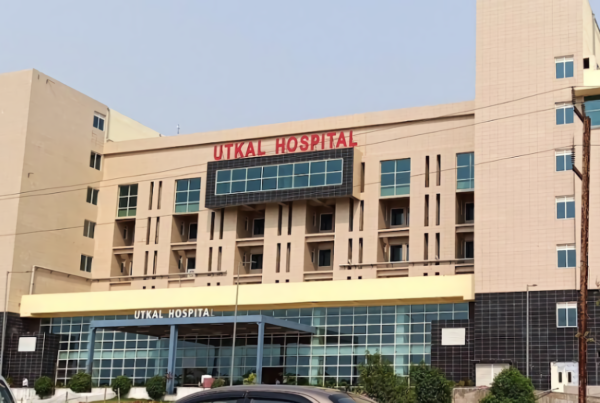A sharp resurgence of cholera is sweeping across parts of the world, prompting urgent warnings from health authorities as outbreaks overwhelm vulnerable health systems and put millions at risk. From conflict zones to areas grappling with climate-induced disasters, the highly contagious disease is making a deadly comeback, fueled by poor sanitation, limited access to clean water, and overstretched medical infrastructure.
Countries in Africa, the Middle East, and parts of Asia have reported a spike in cases over the past year, with several regions seeing their worst outbreaks in decades. In some communities, health officials are struggling to contain the disease as treatment centers run low on supplies, and clean water remains scarce. The World Health Organization has noted an alarming trend—not just in the number of cases, but in the rapid rate at which cholera is spreading and the increasing severity of outbreaks.
Unlike in the past, where cholera outbreaks were often contained within a specific region, recent patterns show the disease crossing borders more frequently, with migration, conflict, and climate change acting as accelerants. Floods and droughts have disrupted water sources in many vulnerable countries, leading to a greater reliance on contaminated supplies. Meanwhile, wars and humanitarian crises have forced people into crowded refugee camps, where basic hygiene is difficult to maintain and disease can spread quickly.
Despite being a preventable and treatable illness, cholera remains deadly, especially for young children, the elderly, and those with compromised immune systems. Oral rehydration therapy and antibiotics can save lives, but only if patients receive care in time. Unfortunately, in many of the hardest-hit areas, the health infrastructure is either broken or under significant strain, making timely treatment a challenge.
Aid agencies and governments are calling for urgent international support to supply clean water, sanitation facilities, medical aid, and vaccines to affected populations. The global stockpile of cholera vaccines is under pressure, with demand far outpacing supply. Health experts emphasize that while emergency response is critical, long-term investment in water and sanitation systems is essential to preventing future outbreaks.
As the world grapples with this resurgence, the cholera crisis stands as a stark reminder that global health challenges are deeply interconnected. Where clean water is scarce and inequality persists, diseases like cholera will continue to thrive—often with devastating consequences.



